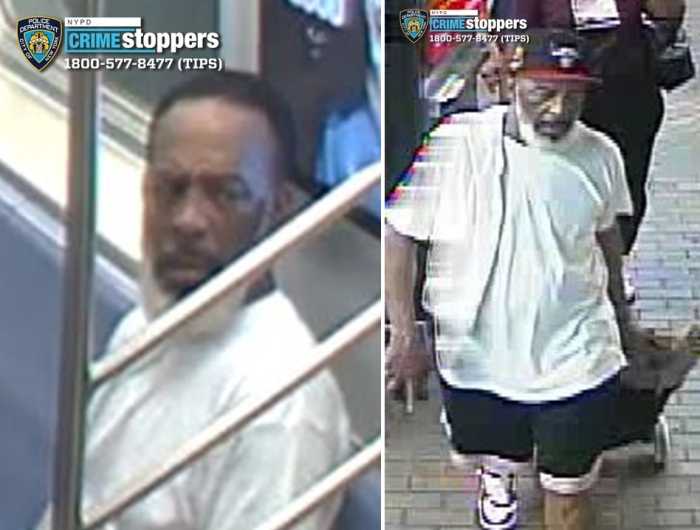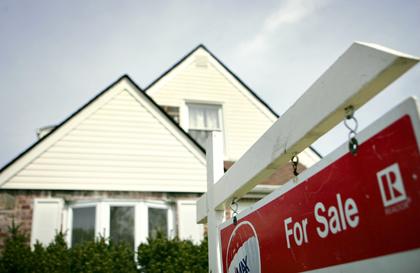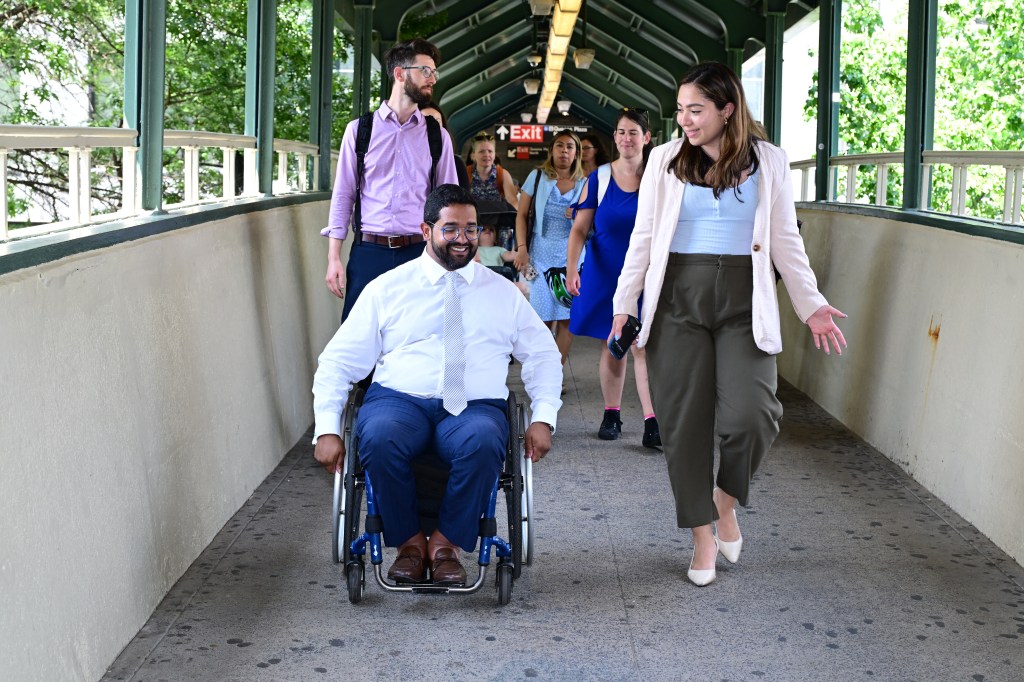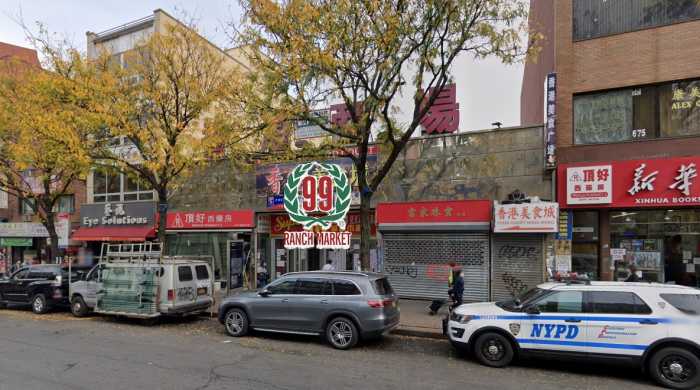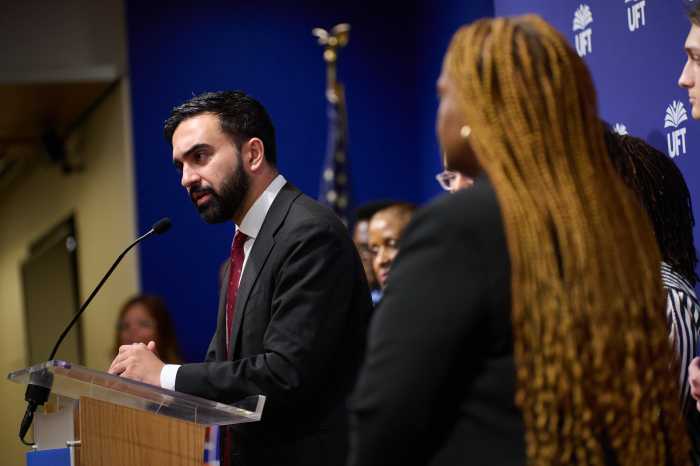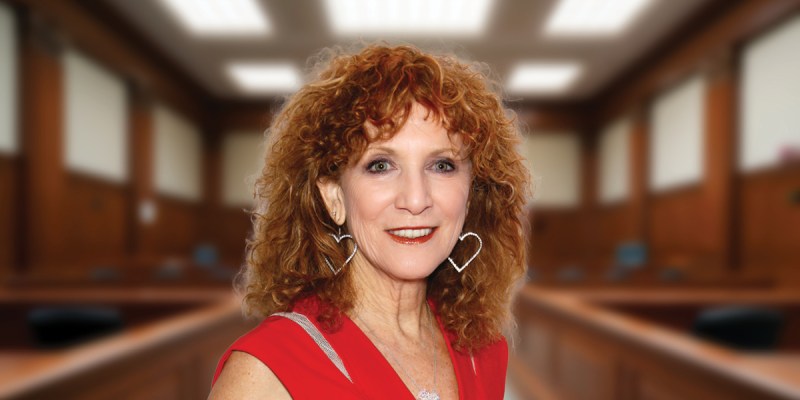By Nathan Duke
The museum will host “Underground Poetry: Rudy Burckhardt Film Festival” on Feb. 10 from 11 a.m. to 5 p.m., screening a number of the influential photographer's post-World War II collaborative experimental films and featuring discussions with Film Comment critic Phillip Lopate, New York Times Magazine columnist Deborah Solomon and Jacob Burckhardt, the son of Rudy Burckhardt, who is also a filmmaker and photographer.”The festival is a really good overview of Burckhardt – you're really getting the meat of his work,” said Vincent Katz, who is acting as curator for the museum's exhibition. “There's a basic rawness to his images. He uses the city as a backdrop for his art, which is sometimes comedic and sometimes poetic. You can see the diversity of the city in his films.”Burckhardt, who was born in Switzerland in 1914 and died in New York in 1999, was primarily known as a photographer, featuring Manhattan locales and portraits of city-based artists in his collections, which include “Astor Place,” “Herald Square” and “A View from Brooklyn,” all of which were shot in the 1940s and 1950s. In 1940, Burckhardt photographed his renowned collection, “An Afternoon in Astoria,” during which he spent an entire day shooting the streets in the neighborhood, as well as gas stations, cars, children at play and community interaction. The Museum of Modern Art published Burckhardt's Astoria photo collection in 2002 and staged an exhibition of the photographs.”He loved to photograph Astoria, which, in those days, had a lot of empty areas,” Katz said. “Even though they are abstract, there's a calm in these photos. He filmed a poetic emptiness.”As a filmmaker, Burckhardt often collaborated with Stan Brakhage, the godfather of experimental filmmaking, as well as multimedia artist Red Grooms and Brooklyn composer Aaron Copland. He also worked with fellow Queens artists, most notably Jamaica composer Paul Bowles and Joseph Cornell, a Surrealism-influenced sculptor and avant-garde filmmaker who lived most of his life in a home on Utopia Parkway in Flushing.The museum's short film retrospective will kick off at 11 a.m. with a discussion of five early Burckhardt films by Lopate, who also wrote a 2004 book about the filmmaker. At 1 p.m., Solomon will discuss Burckhardt's work with Cornell and Brakhage, which will be followed at 3 p.m. by a discussion with Burckhardt's son on his father's later films.Among the films to be screened are his 1936 debut short film, “145 West 21st,” in which Burckhardt filmed the Manhattan address where he lived afterfirst moving to the United States; “The Climate of New York,” which featured filming in Astoria; the 1960s film “What Mozart Saw on Mulberry Street”; “Centuries of June,” which was filmed with Brakhage and Cornell at the latter artist's Flushing home; and the artist's final films from the late 1990s.Katz said Burckhardt's work with Cornell is among the most visually unique work in his oeuvre.”The films, which were often shot in parks, are kind of dreamlike and poetic,” he said.Reservations are required for the film festival and can be made by calling 212-534-1672, ext. 3395. Tickets are $9 for non-members and $5 for members, seniors and students. The City Museum of New York is located at 1220 Fifth Ave. at 103rd Street in Manhattan.The film festival is being presented in conjunction with the museum's exhibition “Street Dance: The New York Photographs of Rudy Burckhardt,” which opens Feb. 1 and runs through April 13. That exhibition will feature 90 of Burckhardt's iconic photographs of the city.The museum is also currently exhibiting “Under New York Skies: Nocturnes by Yvonne Jacquette,” which explores the work of Burckhardt's widow, who was a realist painter. The exhibition runs from Feb. 1 to May 4.

